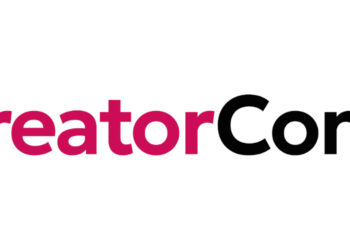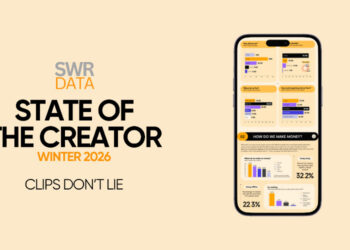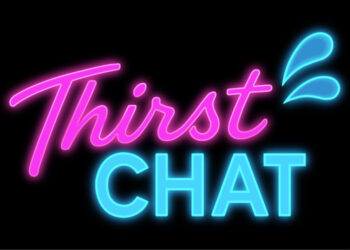UNITED STATES – Although abuzz on the topic for months via private message boards and email lists, the views of sex workers on the topic of computer gaming violence have been largely unknown – until now. The website for the Sex Workers Outreach Project USA (SWOP) has issued a formal statement urging parents and gamers to join a boycott of Take-Two Interactive’s Grand Theft Auto video game.No more or less concerned about violent games than the average American, sex workers have taken a particular interest in Grand Theft Auto since it singles them out as the victims of violent assault within the game’s cityscape.
The SWOP-usa.org website quotes from a 2001 document penned by David Walsh of the National Institute on Media and the Family, which states: “Children are more likely to imitate a character with whom they identify. In violent video games, the player is often required to take the point of view of the shooter or perpetrator.”
Although “adamantly opposed to any and all forms of censorship,” the SWOP website encourages parents to become aware of what it considers “the potential danger extremely violent games pose to children.” The fact that animated prostitutes are murdered after solicitation of their services during game play – with the suggestion that others were also raped – helped fuel the group’s desire to add its industry specific voice to the growing protests surrounding Grand Theft Auto and other “mature” rated games that might come into the possession of minors.
Take-Two’s problems are bigger than condemnation by a group dedicated to improving the lives of sex workers while promoting a safer working environment. Two law firms have sued the game maker as part of a developing class-action suit. A Milbert Weiss press release accuses Take-Two of fraudulent and illegal conduct in order to allow insiders to sell 661,000 shares for more than $18 million. Stull, Stull & Brody join Weiss in the legal action. The period of time being considered in the case is from October 25, 2004 through January 27, 2006, when the Los Angeles city attorney sued Take-Two, claiming that the company had deceptively sold pornographic material to minors.












